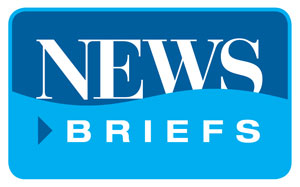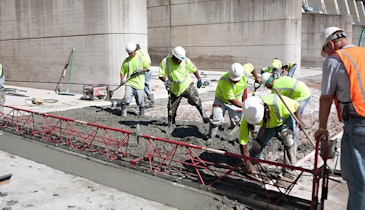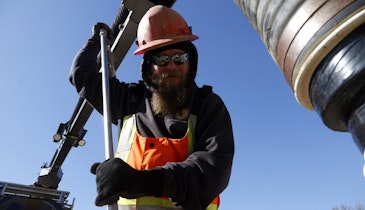A recent water main break — the second impactful break in a week — in New York City’s Upper West Side flooded streets near Central Park and shut down three train lines.
The cause of the break wasn’t immediately clear, but likely has to do with cold weather freezing pipes. The Metropolitan Transportation Authority says water rose more than a foot above the rails of its subway system.
One New Yorker bound for Manhattan interviewed by the New York Daily News had this to say about the most recent main break: “I don’t care about a water main break, I need to get to work. I’m late, I just want to get to work. This happened last week too.”
Overcharged St. Paul Water Customers Settle Class-Action Lawsuit
Nearly 6,000 customers of St. Paul (Minnesota) Regional Water Services will receive refund checks between $120 and $320. The refunds are part of a $1.5 million class-action lawsuit settlement.
Homeowners claimed in the suit they were unfairly charged for water service for having larger meters than most of the service’s 94,000 customers.
The settlement is reportedly being paid out of St. Paul Regional Water Services’ budget.
Vermont DEC Awards $11 Million in Water Infrastructure Financing
Vermont’s Department of Environmental Conservation recently awarded nearly $11 million in water infrastructure financing to fund conservation and restoration projects that will protect and restore Vermont’s water quality. These projects will reduce water pollution and protect water quality by conserving key forests, lakes, rivers, and wetlands throughout the state
DEC recently redesigned its water infrastructure financing program to allow nonprofits to receive funding for natural resources projects that improve water quality. Nonprofits can pursue funding for land or easement acquisitions, headwaters restoration, and tree plantings. The program also offers payment-free financing for the first four years.
“Traditionally, this money could only be used to fund industrial wastewater and stormwater treatment plant projects. But with the new changes, we can support a much more diverse portfolio of water infrastructure projects such as green stormwater infrastructure, combined sewer overflow needs, and drinking water improvements,” says Terisa Thomas, DEC’s water infrastructure finance director.






